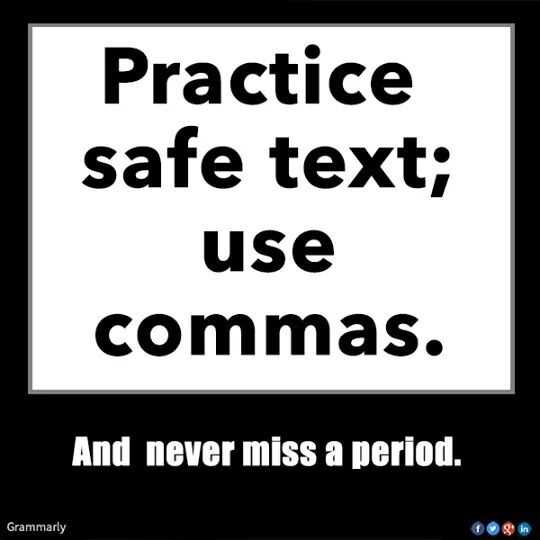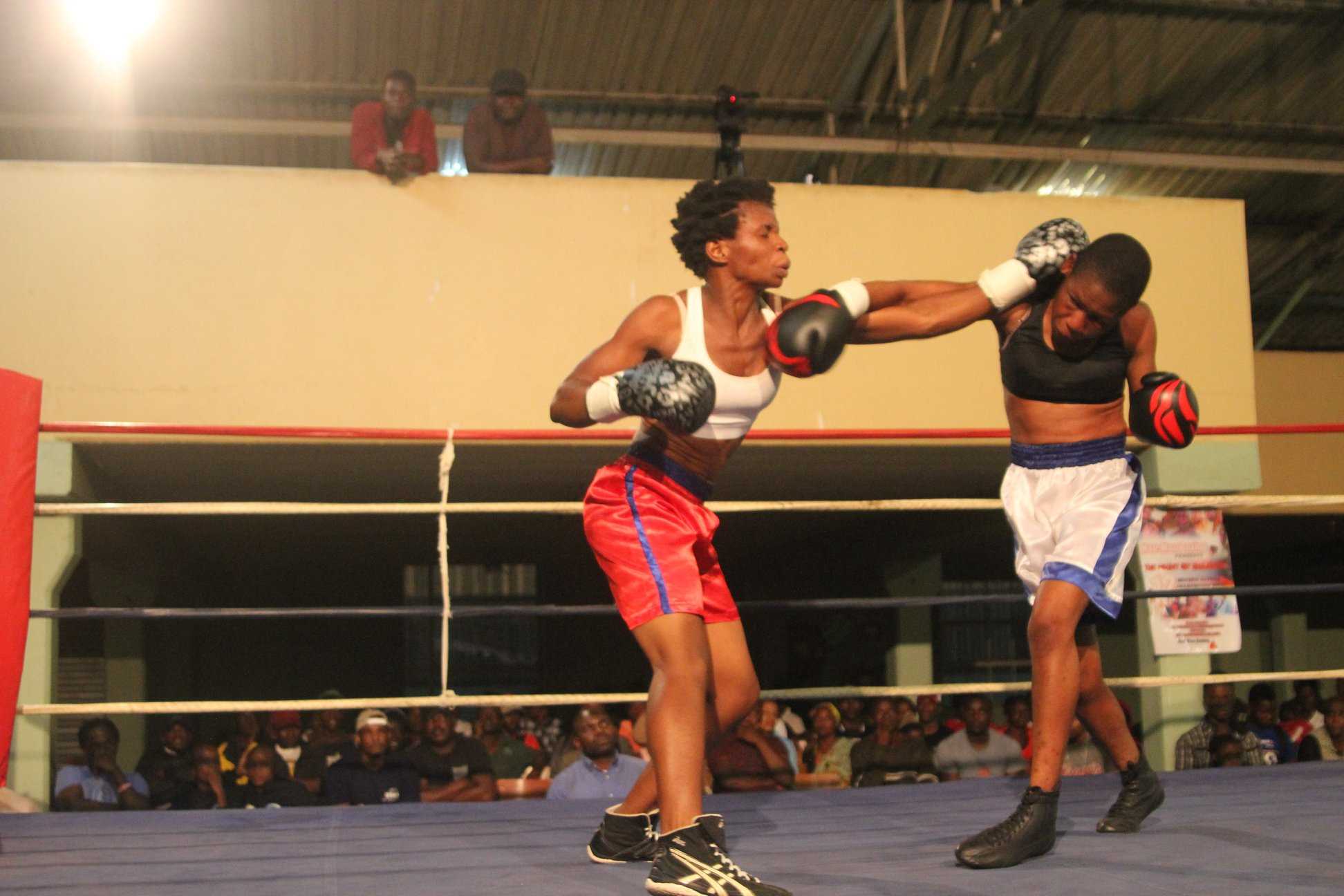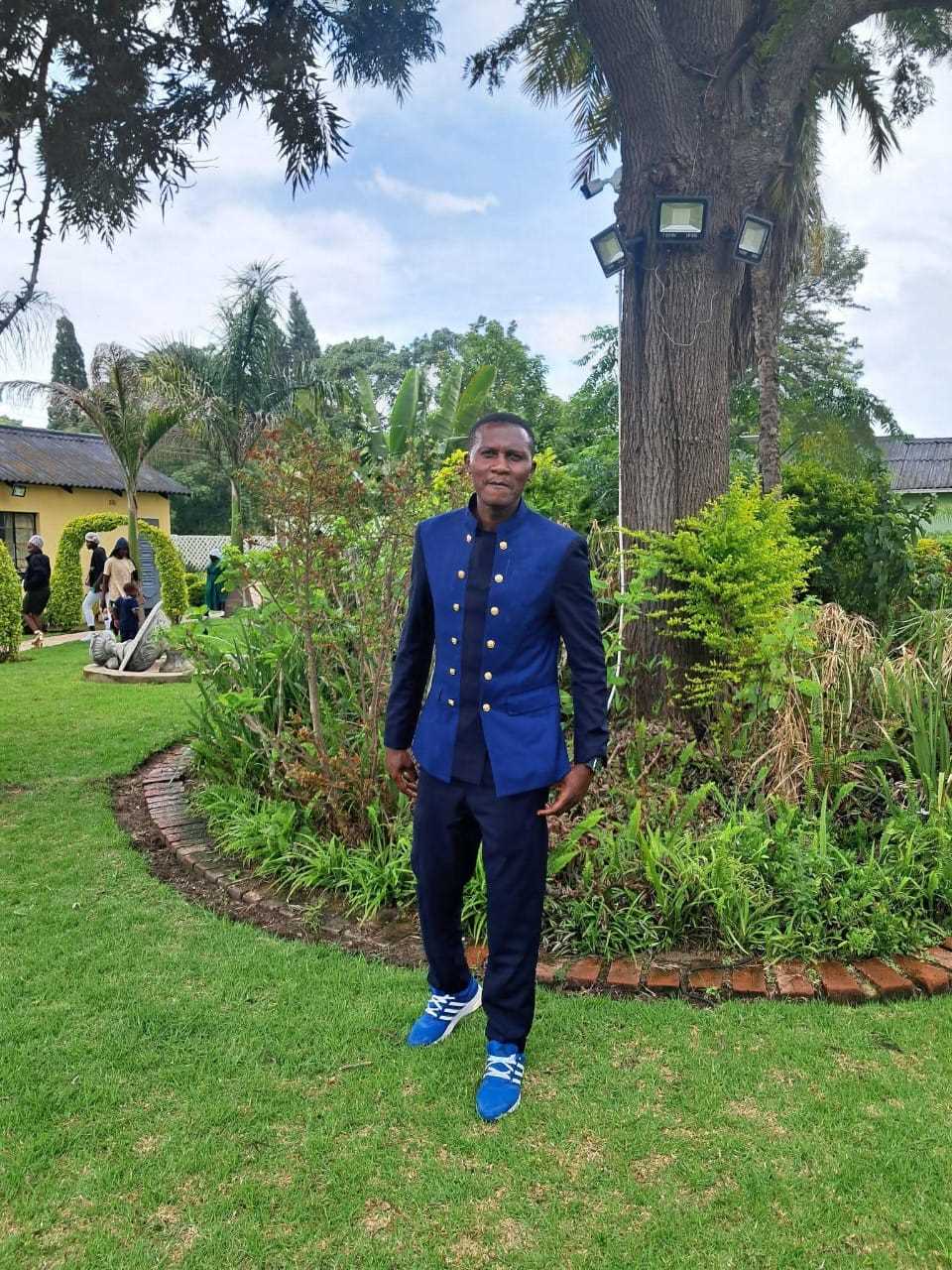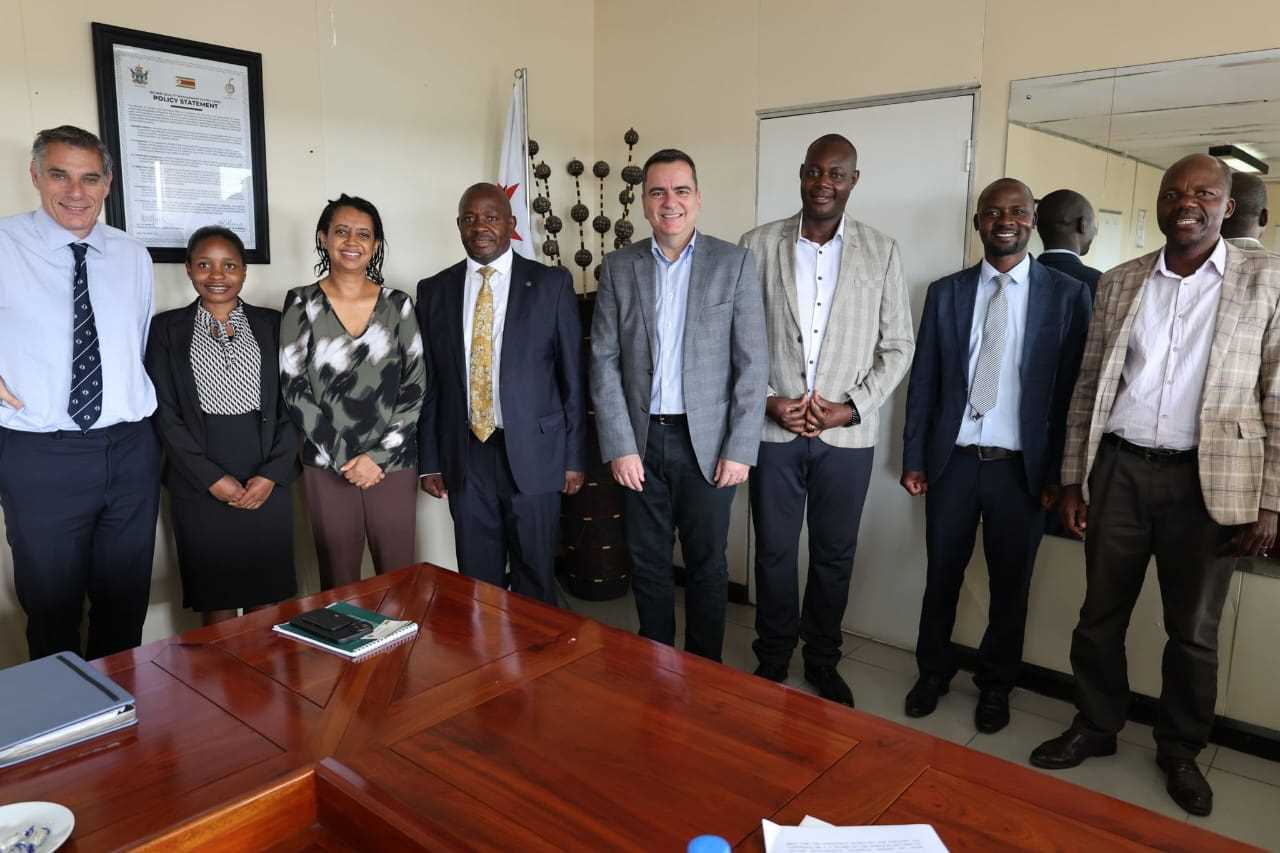
Tino Mapatya
Zimbabweans used to be very proud of spelling words correctly. It was a badge of honour to ensure that words were spelled correctly.
My interest was triggered by a Kombi that was speeding along, breaking a variety of rules with bold lettering on the side declaring itself to the “The Gumbler.”
Always being aware that young people these days are coming up with all sorts of new words, I still believe, and based on the driver’s risky behavior, he may have been going for Gambler.
I will be quick to say I am not a stickler for grammar in all things, even in technical documents, where as a nation, we can spend an entire afternoons discussing the wording of a document whose primary deliverable is structural engineering.
Figures add up in any language and our fascination with grammar sometimes stops us form seeing the greater picture. So projects will run late because the project summary needed to go back and forth more than four times over grammatical construction, thus delaying the actual building construction. That is a tale for another day.
Today I am on spelling.
Get the words correct. This is not about English either. Shona words have acquired new and odd spellings, especially with some of the horrific shorthand effects practiced on WhatsApp.
Ndebele speakers often complain about spellings, especially when people do those “Congratulations” messages and then try to show they are inclusive by writing in three of the country’s 16 official languages.
For those interested in annihilating spellings across all the official language, they are: Chibarwe, English, Kalanga, Khoisan, Nambya, Ndau, Ndebele, Shangani, Shona, sign language, Sotho, Tonga, Tswana, Chewa, Venda, and Xhosa.
Related Stories
While our Kombi friend was “Gumbling” with people’s lives, other names came thick and fast. We have decided that Triple really, really needs double “P” to look good.
And we would rather have our meals in the “dinning” room instead of a place to dine in.
Shop fronts, branded vehicles, adverts and billboards all carry excruciating spelling errors that make you wonder what was going on in people’s minds when they approved the branding.
How about that shop that sells paper products, writing materials and related items and calls itself a “stationary” shop. That business is not going anywhere.
Staying in the same lane. I am still battling to understand what “photocoping” is. I propose we use it to define the feeling one gets when they meet their online friend for the first time without filters and photo editors.
The desire for abbreviating words to avoid typing out their long formats has become a pandemic with some messages coming through, that make no sense at all. They are a collection of two and three letters grouped together with no vowels and no discernible sentence structure.
Then there are the notorious They, Their, They’re and There and their militant cousins Where, Were and We’re. These ones wage war on documents and texts. They are the Farabundu militia of our local grammar, scything through sentences with the reckless abandon of my ‘Gumbler” buddy.
Then there is the old “i” before “e” except after c.
With the number of times people are shouting (and typing) “I receive” these days, one wonders if they are following the old “i” before “e” except after “c” rule. The prayers and wished could be getting misdirected by being “recieved”.
We need to pay attention to our spellings, people. They are all we have left. WhatsApp has done away with words, leaving us with random vowels and consonants such as “K” to mean “It is fine”




















Leave Comments